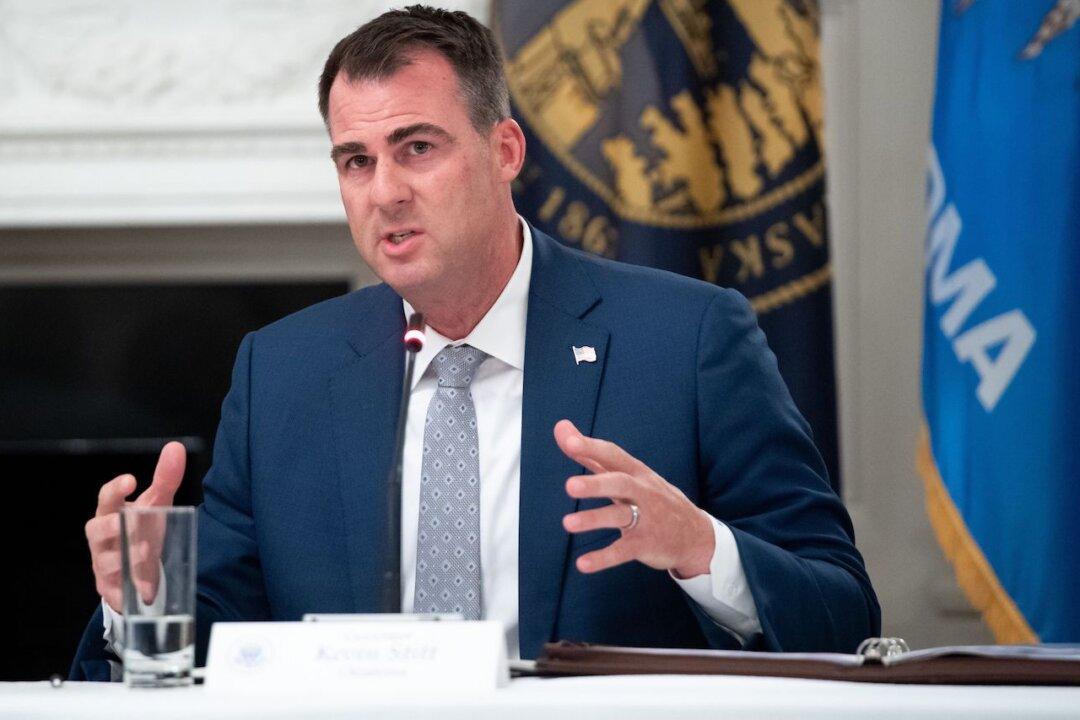Oklahoma Gov. Kevin Stitt on Wednesday signed into law a measure that would ban abortion starting at conception, with few exceptions allowed.
The measure, Oklahoma HB 4327, now becomes the strictest abortion restriction signed into law in the United States. It prohibits doctors from carrying out abortions after pregnancy. Exceptions include in the event that performing the abortion is deemed necessary to save the mother’s life. Another exception is if the pregnancy is due to rape or incest that has been reported to law enforcement.




